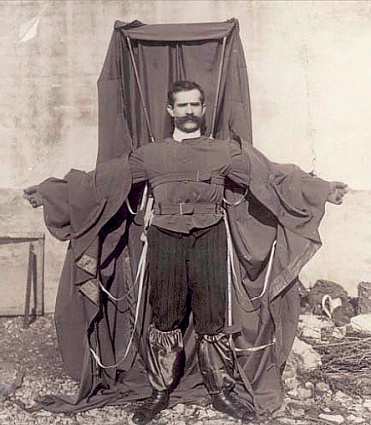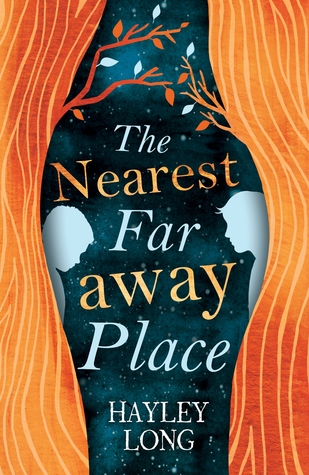 I think I learned about Allison Amend’s Enchanted Islands from the Tournament of Books longlist. The cover images of exotic flora and fauna caught my eye, and when I saw it was about a couple who go to the Galápagos as spies just before the outbreak of WWII, I was sold. A spy story–and a marriage of convenience, because their marriage is cover–in an exotic locale seemed like just the book for a hard winter. By the time my library copy arrived, it was spring, and the novel isn’t exactly what I expected either, but it was good.
I think I learned about Allison Amend’s Enchanted Islands from the Tournament of Books longlist. The cover images of exotic flora and fauna caught my eye, and when I saw it was about a couple who go to the Galápagos as spies just before the outbreak of WWII, I was sold. A spy story–and a marriage of convenience, because their marriage is cover–in an exotic locale seemed like just the book for a hard winter. By the time my library copy arrived, it was spring, and the novel isn’t exactly what I expected either, but it was good.
The scope of this book sounds epic when you summarize the plot: Frances Conway (neé Frankowski as the daughter of Polish Jewish immigrants in Duluth) looks back on her life as an 80-something woman living in a nursing home with her girlhood friend, Rosalie. We’re a third of the way into the novel before we get to her husband Anslie and the Galápagos. Fanny’s parents make her go to work instead of high school; Rosalie’s do something worse, which the reader will guess long before Fanny does. They run away to Chicago together (this section reminded me vaguely of Sister Carrie). That’s not the exotic, dramatic tale I was expecting! But it is good on the competition, intimacy and betrayals of girlhood friendships.
Eventually, Fanny–now calling herself Frances Frank–ends up as a 50-ish spinster in San Francisco, where she meets Rosalie again after decades apart. Through her work as a secretary at a Naval Intelligence office, she gets the offer to marry Ainslie Conway, a handsome officer ten years her junior, and go to the Galápagos to keep an eye on a handful of eccentric Germans whom the US suspects might be spies whose presence threatens the security of the Panama Canal. This section of the novel (another third-and-a-bit) is very loosely based on a pair of memoirs by the real Frances Conway–who was rumored to be a spy, though with no real evidence. It’s more an account of how they survive on a semi-deserted island than a spy thriller, although there is some drama (I won’t spoil whether it involves spies). It’s just that that drama isn’t what seems to matter most to Amend.
Despite the sweep of history, the diversity of settings, and the spy plot, the focus of this novel is on the relationships, and on loneliness. Marriage of convenience is one of my favorite romance novel tropes, and I’m always interested in non-romance takes on it. Ainslie and Franny’s (as he calls her) marriage is never “real” in the romantic sense–for reasons the reader will once again guess long before Franny does–but they do come to love and trust each other.
Both of these relationships involve (mutual) betrayals; all of the characters keep secrets from each other. And yet these relationships matter to both parties; they endure despite the lapses. I don’t think Enchanted Islands suggests that there can’t be better relationships than this. Maybe? The title, after all, is somewhat ironic–life on the islands is a survivalist grind, not an exotic holiday. But whether or not a deeper love is possible, it isn’t offered to Frances. She makes do with the partial loves she has, just as she comes to love the self-reliance and independence the islands offer. Perhaps there she feels less alone than when surrounded by people to whom she has no connection.
I ended up wondering whether it was Frances’ essential solitariness, the fact that she held something in reserve, that kept her from finding a whole-hearted love, rather than a failure in others. There was something in her solitariness-in-relationship I felt a kinship with as I read, and that’s part of why I liked this book so much.
Advertisements Share this:




